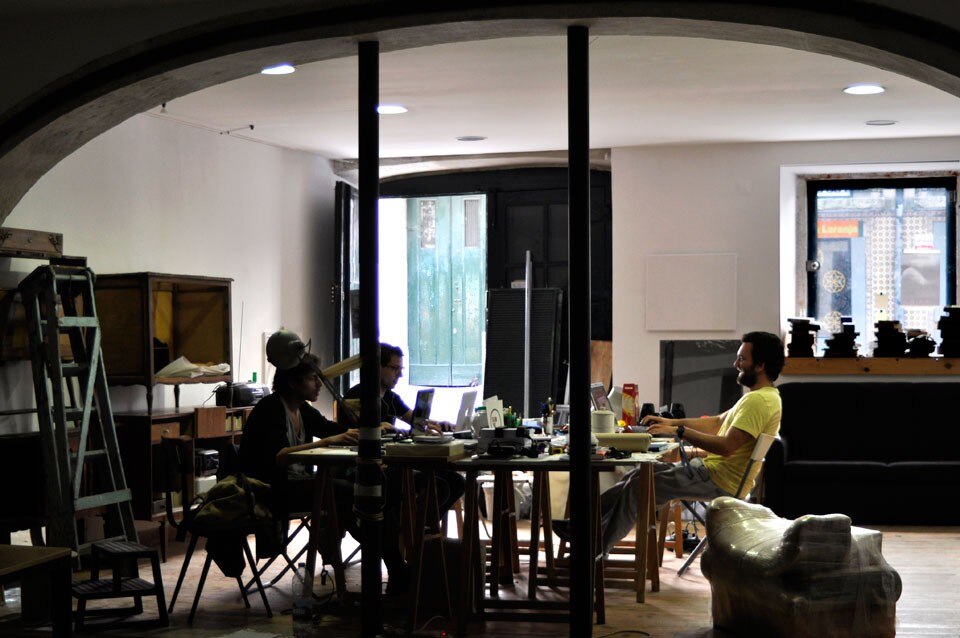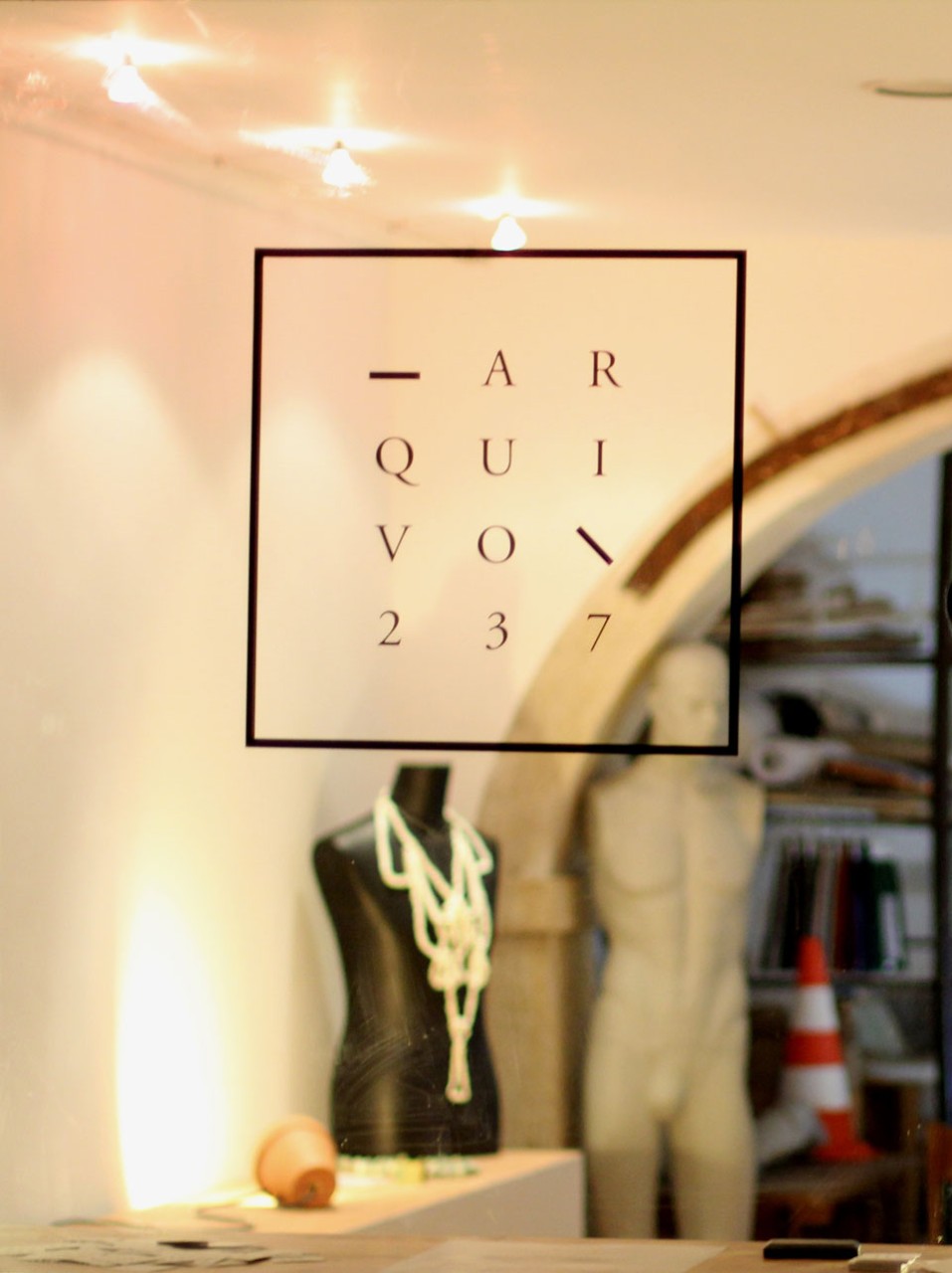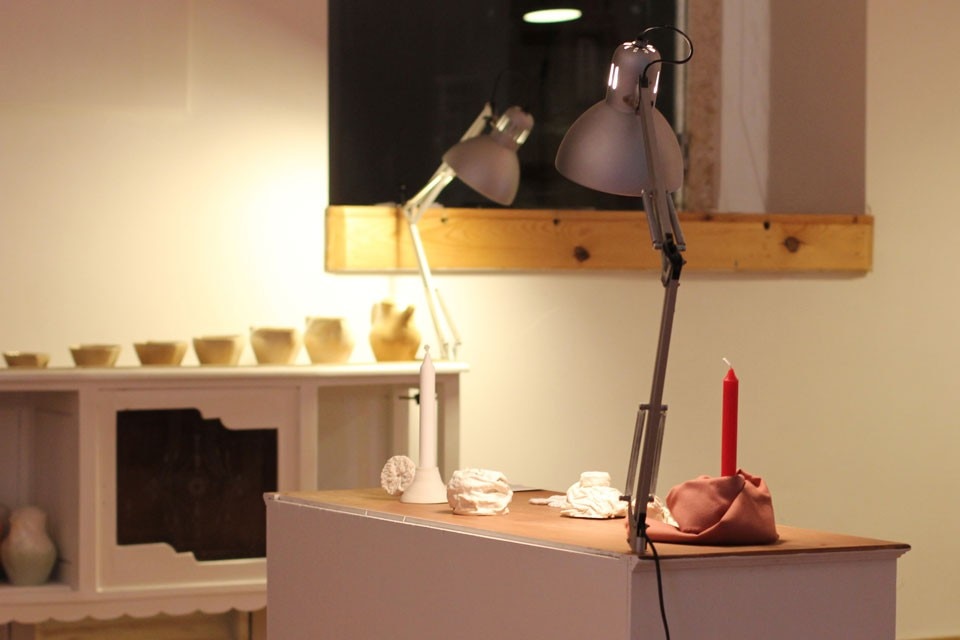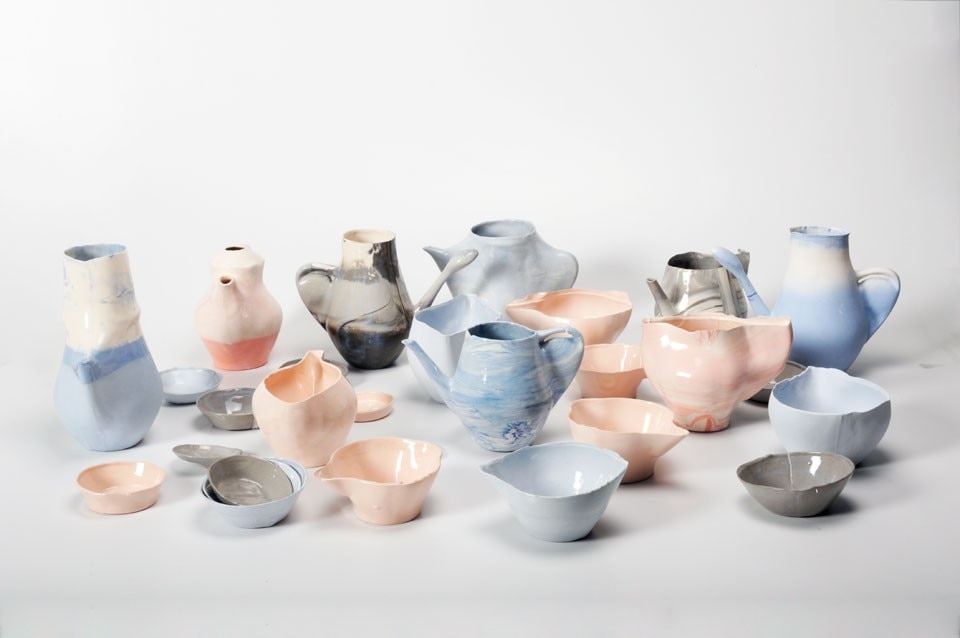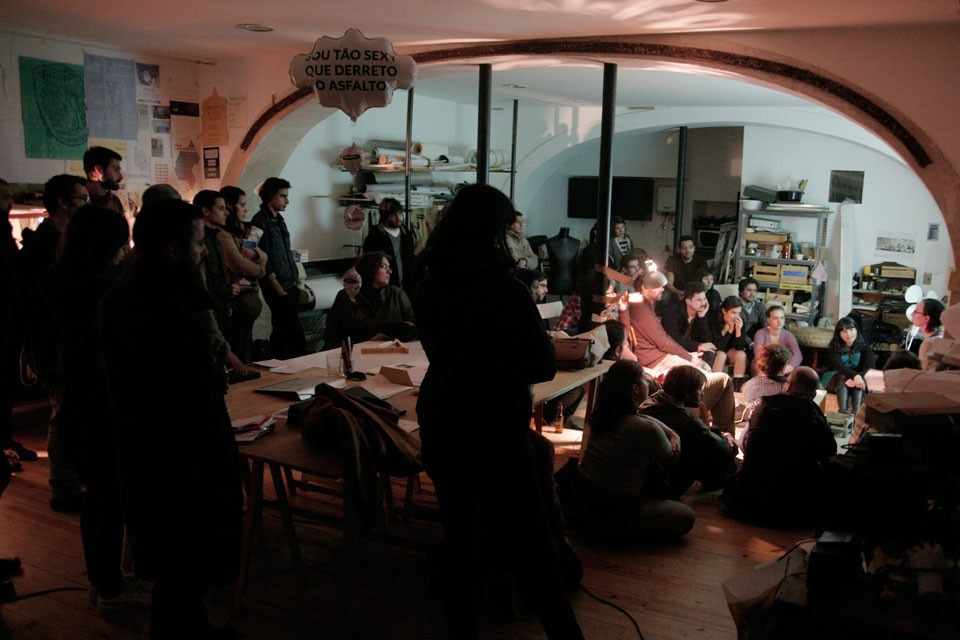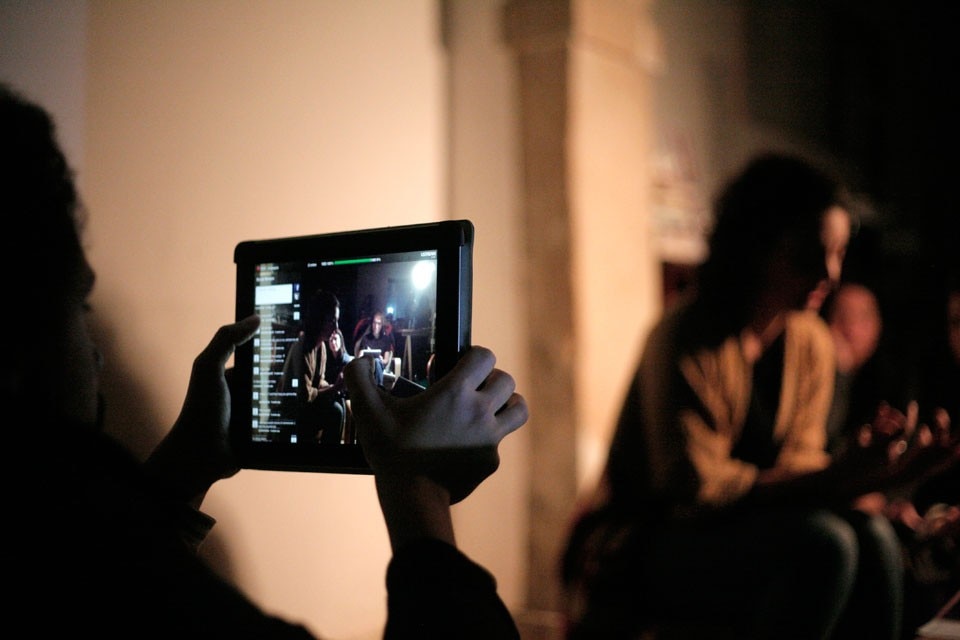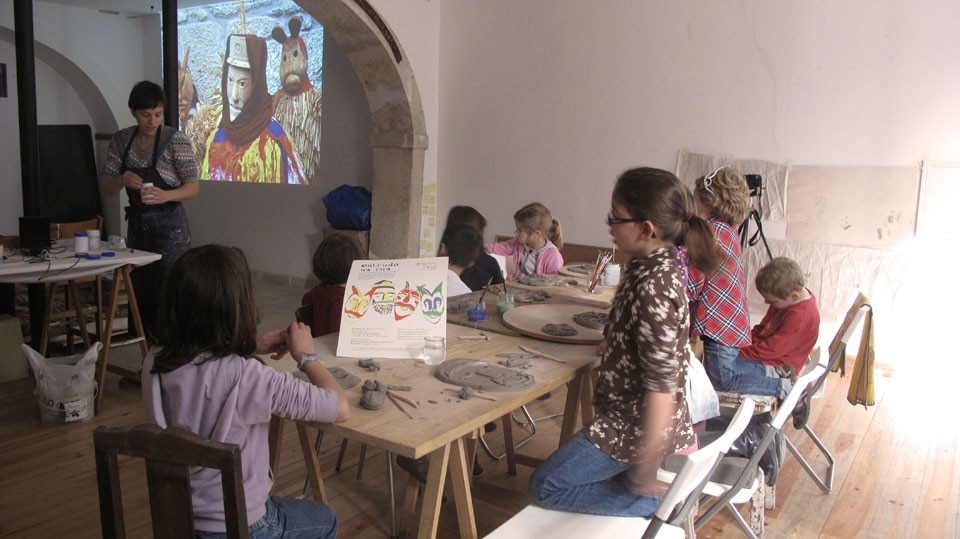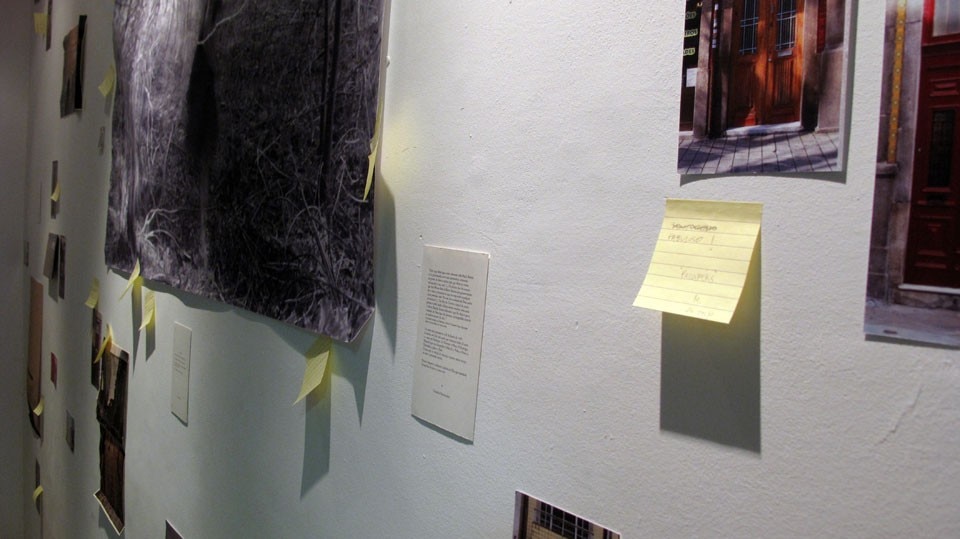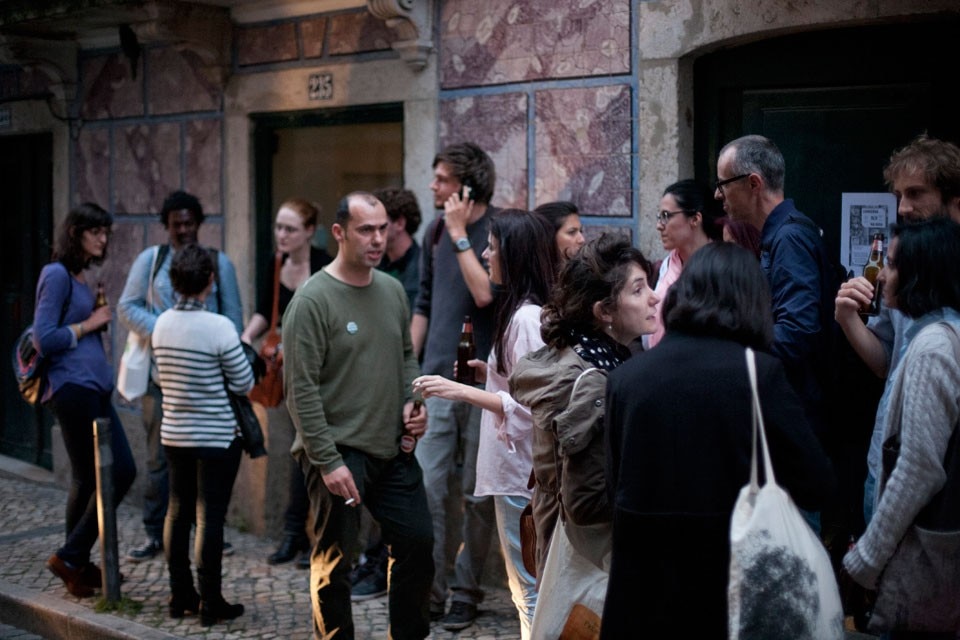In a decidedly countercurrent move, young Portuguese designer João Abreu Valente has recently set up a studio in Lisbon, Portugal.
The country is witnessing a difficult economic and social period, and most of its youth is leaving the country in search for opportunities abroad. But Valente, following the completion of his masters studies at the Design Academy Eindhoven, decided it was time to come back home. The 28 year-old set up shop at Rua da Rosa 237, in Bairro Alto, a vibrant neighbourhood in the centre of the city, and shares his studio space with other designers and architects, using it as a workspace, workshop venue, event space and meeting point. In June, Valente will also use the space to host a shop and gallery to showcase his and other local creative work. Apart from all that, Valente has his own, quite singular, perspective on design that he aims to develop further in future design projects.
